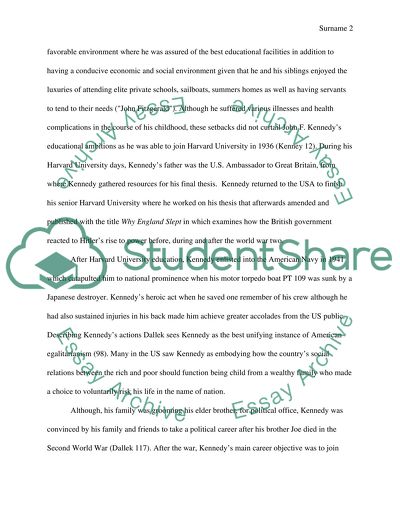Cite this document
(“John F. Kennedy and Martin Luther King jr Essay”, n.d.)
Retrieved from https://studentshare.org/history/1496428-john-f-kennedy-and-martin-luther-king-jr
Retrieved from https://studentshare.org/history/1496428-john-f-kennedy-and-martin-luther-king-jr
(John F. Kennedy and Martin Luther King Jr Essay)
https://studentshare.org/history/1496428-john-f-kennedy-and-martin-luther-king-jr.
https://studentshare.org/history/1496428-john-f-kennedy-and-martin-luther-king-jr.
“John F. Kennedy and Martin Luther King Jr Essay”, n.d. https://studentshare.org/history/1496428-john-f-kennedy-and-martin-luther-king-jr.


